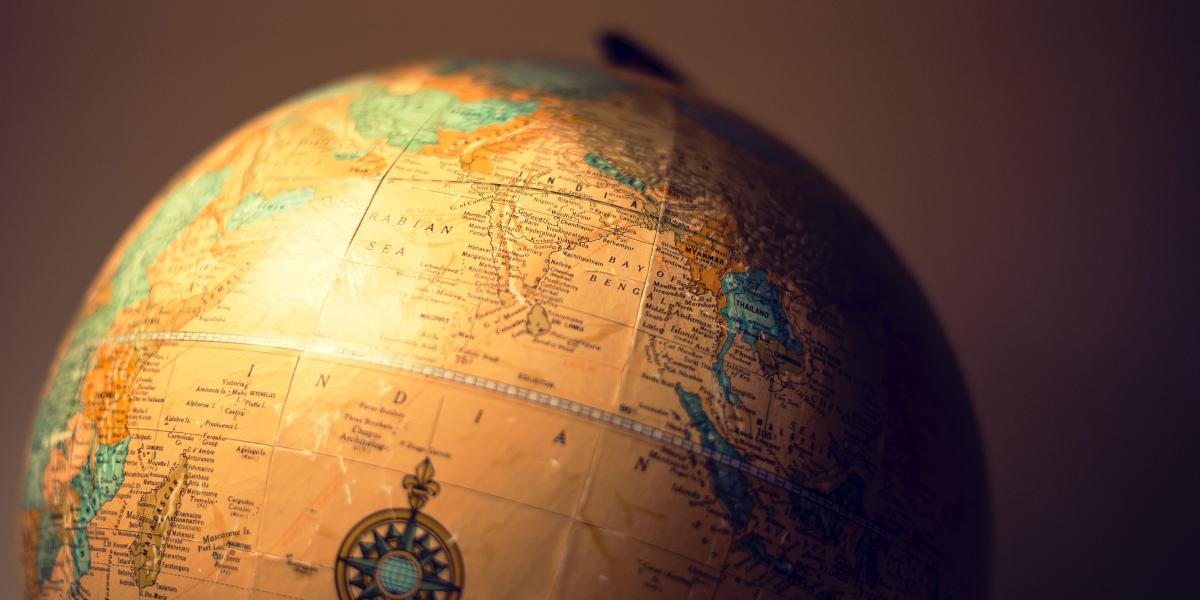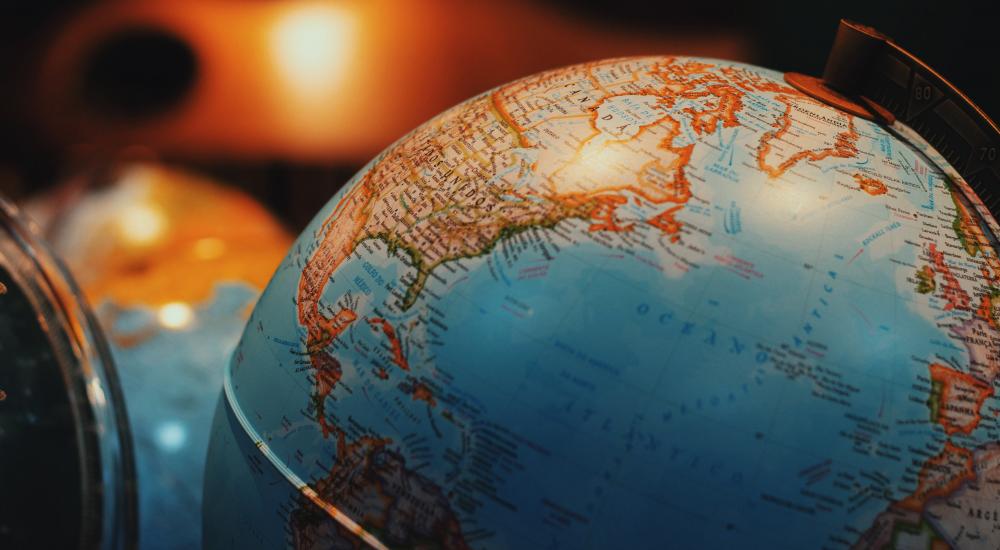Rethinking Security, Again

With the world in tumult around us as the coronavirus (COVID-19) crisis sweeps the globe, what or whom do we reach for? Where is the solid ground? How do we find safety? How do we foster resilience?
One way is to widen our definition of security. Traditional definitions of national security tend to focus on military capacities and the competitions among great powers. While more complete analyses include diplomatic prowess and strategic vision. Modern crises challenge experts to widen policymakers’ understanding of security. That was true in the past and is true again as we face the COVID-19 pandemic.
The September 11, 2001, terrorist attacks in the United States, and other terrorist attacks around the world, showed that irregular, nongovernment forces could inflict significant damage. Subsequently, strategists worked hard to reconceive national security. In recent years, politicians have argued that building walls will keep us safe. Yet, such walls do not protect us against a contagious virus. Instead, we need to reinforce not just national security, but societal security.
The Value of Societal Security
Teleworking from home, I find myself reading and re-reading a lot. In 2006, reflecting on both the 9/11 attacks and the poor response to Hurricane Katrina in 2005, I published a book chapter in which I argued, “Safety depends not only on territorial integrity, but also on ‘societal security.’” I went on to state that “Societal security should focus on protecting people and the vital connections of society from catastrophic manmade or natural threats.” Societal security includes














